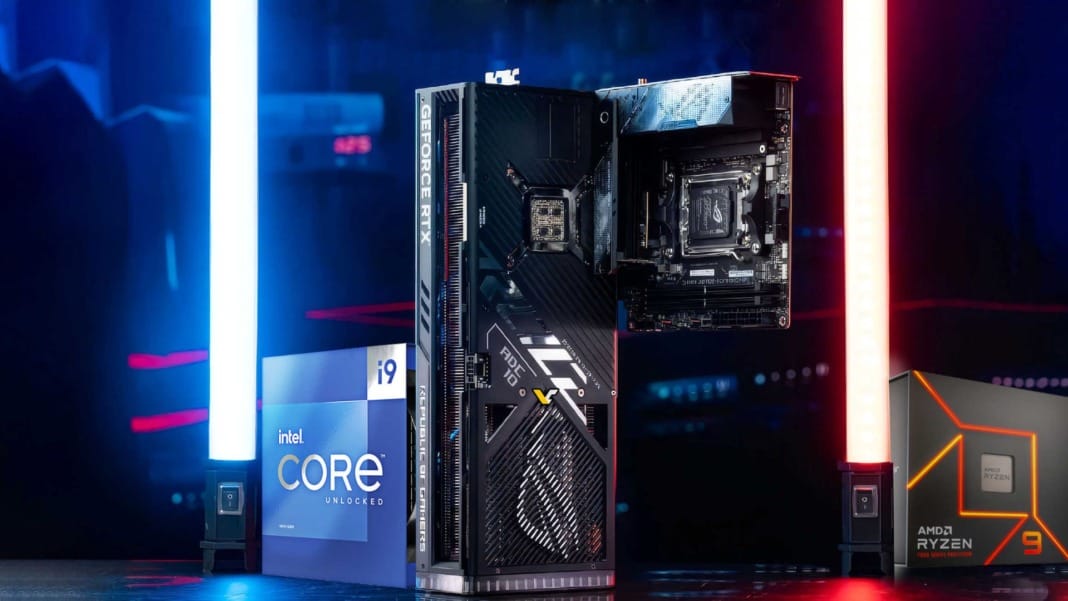If you rely on Intel’s top processors, you might have encountered crashes that could cost you dearly. Reports indicate that Intel’s Core i9-13900K and Core i9-14900K processors have been experiencing stability issues for months, impacting PC gamers and server operations.
Widespread impact on gamers and servers
Initially, PC gamers reported the instability, but now it’s clear that servers using these processors are also affected. This can lead to severe consequences, as one game developer estimates the instability might cost them up to US$100,000 in lost players.
The latest insights come from the YouTube channel Level1Techs, which gathered crash reports from two games. Although the games weren’t named, the data clearly shows the problem’s extent. However, remember that this data might need to be more comprehensive since some system crashes, especially those resulting in blue screens, may go unreported.
Level 1Techs analysed decompression errors, initially highlighted by the decompression tool Oodle earlier this year. The YouTuber found 1,584 decompression errors in total over 90 days. Astonishingly, 1,431 of these errors were linked to Intel’s 13th and 14th-gen CPUs, with only four errors associated with AMD CPUs.
The disparity is significant. Apart from the Core i9-14900K and the Core i9-13900K, the CPU with the next highest error rate was the Core i7-9750H, with just 11 decompression failures. This data shows a clear gap between Intel’s latest chips and other processors. Interestingly, around 70% of users in the database were using Intel-based systems, while 30% were on AMD.
Issues in data centres and game servers
Further research revealed that the instability isn’t limited to gamers. The Core i9-13900K and the Core i9-14900K are also used in data centres for running game servers, often paired with W680 motherboards. These boards are designed for stability rather than performance, countering claims that overclocking is the root cause of the issues.
A company negotiating a US$100,000 server deal reported that Intel platforms are over US$1,000 more expensive than comparable AMD systems due to the high rate of support incidents linked to the 13th and 14th-generation Intel CPUs. The company had to update BIOS, turn off e-cores, or swap CPUs to address the problems, but it remained uncertain if the issue was entirely resolved. Consequently, they charge a support premium for systems using these processors.
Financial losses and market response
A game developer interviewed by Level1Techs expressed concerns about losing over US$100,000 in revenue due to player losses from multiplayer server crashes. Understandably, gamers would abandon a game that crashes frequently, whether the issue lies in their PC configuration or server instability.
Anonymous sources from Dell, HP, and Lenovo suggest that around 10% to 25% of Core i9-13900K and Core i9-14900K processors might experience problems. However, Level 1 techs believe the number could be closer to 50%. If you are experiencing similar issues with your PC, guides are available to help you troubleshoot these problems.





